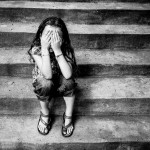
Emily Currell writes her debut Mental Elf blog about a recent Lancet Psychiatry systematic review, which reports that childhood maltreatment is associated with an unfavourable course of bipolar disorder in adult years.
[read the full story...]
Emily Currell writes her debut Mental Elf blog about a recent Lancet Psychiatry systematic review, which reports that childhood maltreatment is associated with an unfavourable course of bipolar disorder in adult years.
[read the full story...]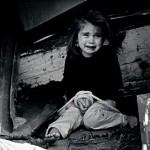
Yesterday was #AntiSlaveryDay, so today we are publishing a blog by Mina Fazel who considers the findings of an historical cohort study in the Lancet Psychiatry, which explores the characteristics of trafficked people with severe mental illness.
[read the full story...]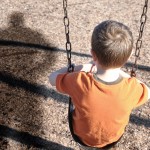
Andrew Jones summarises a large Finnish population-based cohort study, which finds that childhood adversities strongly predict the use of psychotropic drugs (such as antidepressants and antipsychotics) in adulthood.
[read the full story...]
This recent study concludes that childhood abuse creates an enduring vulnerability to psychosis that is realised in the event of exposure to further stressors and risk factors, such as separation, bereavement, or being involved in an accident or physical attack.
[read the full story...]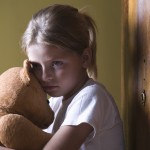
How many children develop Post Traumatic Stress Disorder (PTSD) after a traumatic experience such as an assault, a car crash, war or disaster? William Yule, one of the godfathers of child traumatic stress research, once pointed out that rates reported in separate studies varied from 0 to 100%. So what is on average the rate [read the full story…]

The sexual abuse of children is a worldwide problem that has lasting and sometimes lifelong impacts on the child, their family and the community. There is a substantial amount of research that now demonstrates the long term impacts of child sexual abuse which includes: The increased incidence of all types of mental health difficulties; Increased [read the full story…]
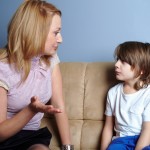
Childhood sexual abuse has a devastating impact on many of the children and adolescents who are affected by it. It is a significant problem worldwide and has the potential to have serious negative impacts on mental health and physical health. Experiencing childhood sexual abuse often has negative impacts on the individual’s ability to function socially, [read the full story…]

According to the World Health Organisation (WHO), somewhere between 25 and 50% of people may have been physically abused at some point during their childhood, an experience defined as the use of physical force that harms the child’s health, survival, development, or dignity. Childhood maltreatment does not stop at physical abuse, however – children may [read the full story…]
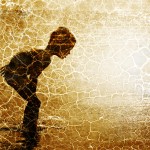
Nearly a year ago I blogged about a promising but small RCT, which showed that Trauma-focused cognitive behavioural therapy may help young children with post traumatic stress disorder (PTSD). The blog generated a fair bit of feedback from readers and so I’ve been on the look out ever since for a systematic review that brings [read the full story…]

Child sexual abuse is a widespread social problem, which can cause a range of mental health conditions including fear, anxiety, post-traumatic stress disorder, behavioural problems, inappropriate sexual behaviour and an increased risk of psychological problems in adulthood. Cognitive behavioural therapy is often used to help children (and their non-offending parent) to manage the conditions that [read the full story…]